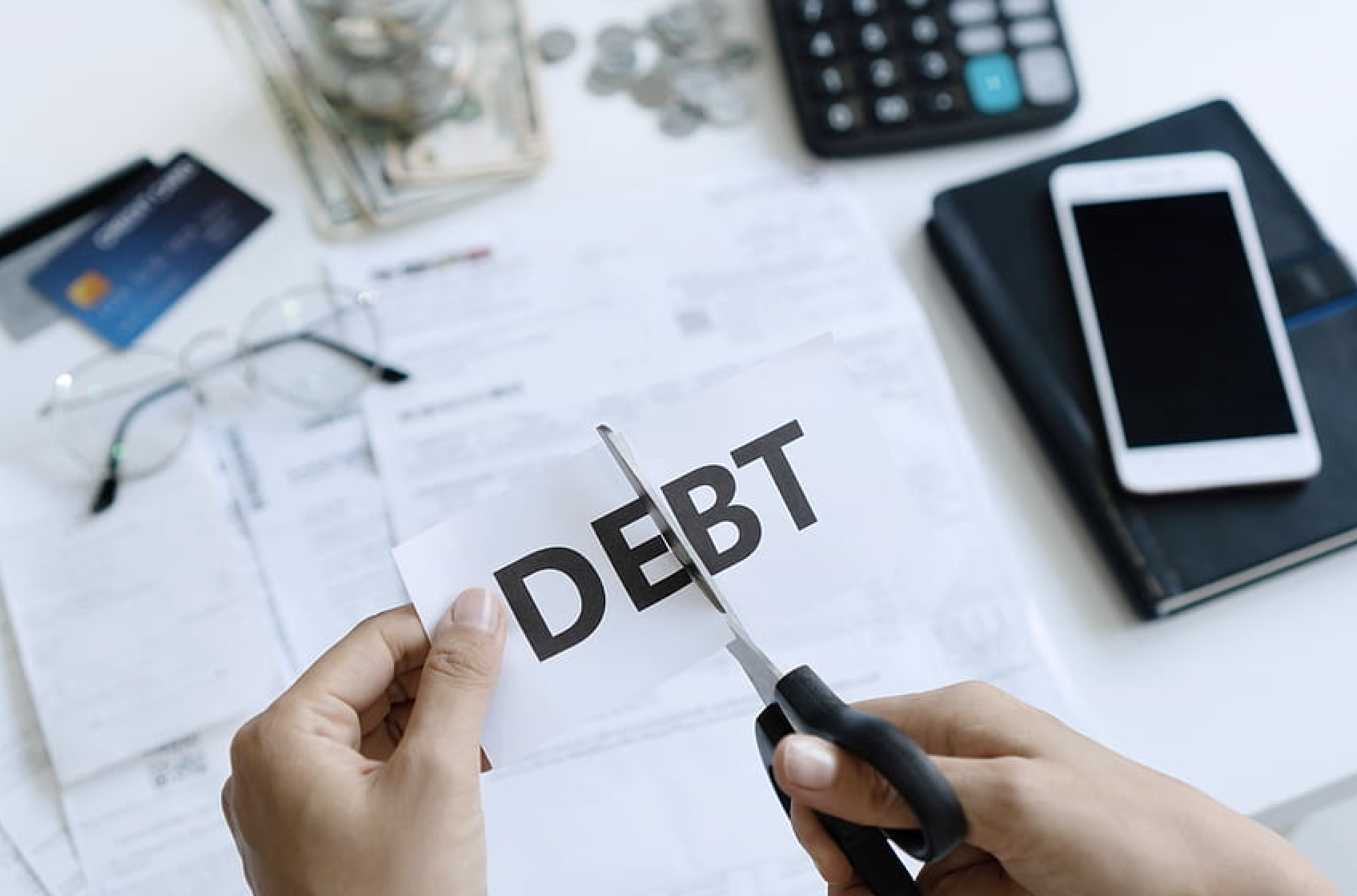
By Callum Ludwig
A Covid Debt Repayment Plan has been introduced in the Victorian Government’s 2023/24 Budget in an attempt to pay off some of the state’s debt.
A large part of the plan is set to be funded by the introduction of a temporary Covid Debt Levy; businesses with a national payroll over $10 million will be charged a rate of 0.5 per cent, with an additional 0.5 per cent for businesses with national payrolls above $100 million.
Treasurer Tim Pallas said in his message that during the pandemic, the Victorian Government used its strong balance sheet to protect household budgets and businesses.
“We did this to buttress our state from the worst health and economic shock our state has experienced since World War II,” he said.
“But global conditions have changed, and we now must confront our situation squarely and repay the impact of the spending that kept Victoria moving during the pandemic. That’s why this Budget includes a Covid Debt Repayment Plan.”
The additional rates are expected to raise $3.9 billion over four years, with the Victorian Government estimating they will be able to pay off $31.5 billion of debt, including interest, over 10 years through all of the Covid Debt Repayment Plan.
Victorian Chamber of Commerce and Industry Chief Executive Paul Guerra said in a statement the Government continues to hit business with the bill for the debt incurred throughout the pandemic.
“The Government says this is the plan to pay off the ‘COVID credit card debt’ but they’re doing that by using medium to large businesses and property owners as an ATM over the next 10 years,” he said.
“It’s certainly a departure from the ‘all in it together’ approach taken throughout the pandemic and this will directly impact jobs and investment in Victoria.”
A medium-sized business is classified as one with between 50 and 249 employees, and a large business is 250 employees or more.
One of the other aspects of the Covid Debt Levy is a landholdings component, with the decision to reduce the tax-free threshold for general land tax rates from $300,000 to $50,000 from the start of next year. This only applies to owners of multiple properties, with the family home exempt from land tax.
Media representative from the Property Owner’s Association of Victoria (POAVic) Phil Spencer said he believes the levy is going to decrease the amount of tenancy available even further.
“Suddenly, these property owners are getting hit with a $500 bill every year, and for someone who has bought property in the last three years and rented it out, unless they bought very well, they’re in real trouble,” he said.
“Those people will be selling or the owner will be acting on the recommendation of an agent on a rent increase and if the market rent can’t be afforded by the tenant, it shouldn’t be the owner who has to pay.”
Property owners who pay land tax will also face an additional fixed charge of $500 for landholdings between $50,000 and $100,000 or $975 for above. General and trust taxpayers will have an additional 0.1 per cent tax rate increase for holdings above $250,000 and $300,000 respectively.
In total, the landholdings component is expected to raise $4.7 billion over four years.
With subsequent concerns that landlords could pass on the cost of the tax to renters, CEO of Tenants Victoria Jennifer Beveridge said rent increases are a strong concern for tenants right now.
“We will be monitoring any flow-on from new measures in the State Budget that may affect renters,” she said.
“Tenants Victoria strongly urges the government to introduce a ‘fairness formula’ to regulate rent increases at a fair level. This approach is working well in the ACT and should be considered as part of the upcoming National Cabinet discussions to strengthen renters’ rights.”






